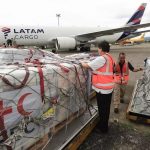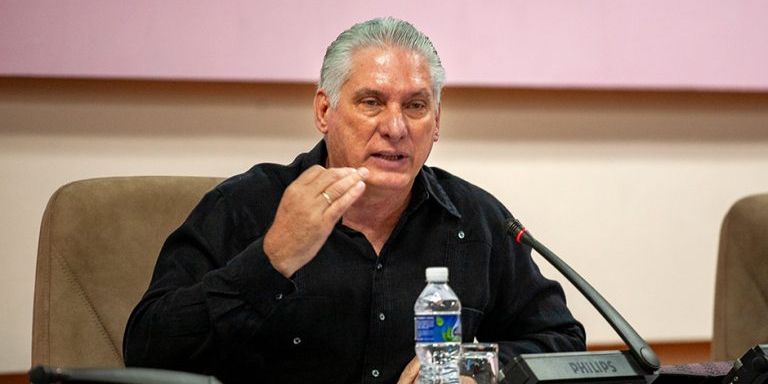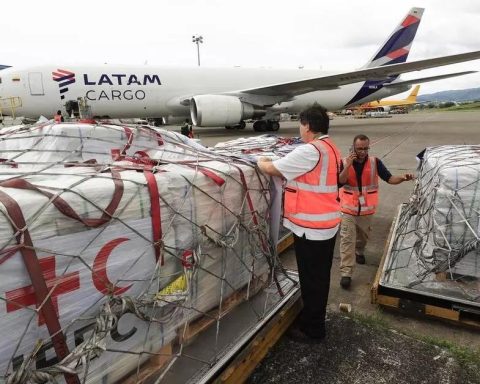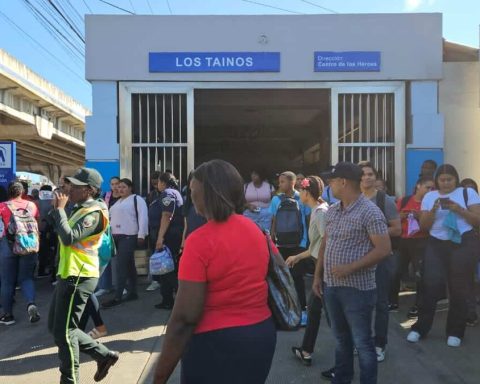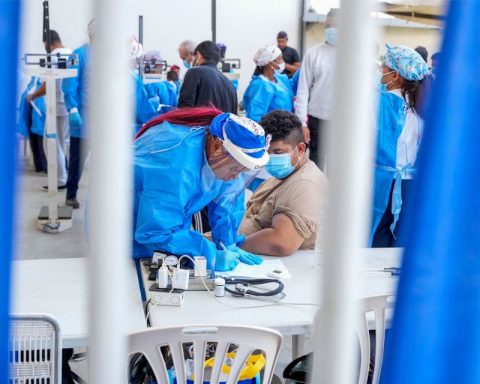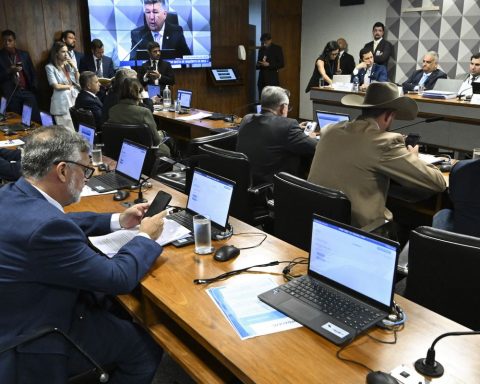Victor M. Toledo
AND
The reader, what do you know? What is the origin and trajectory of your usual foods? The survival and health of human beings depends on what we breathe, eat and drink. In today’s world, statistics reveal a worrying rise in cancer, a deterioration of the immune system, as well as cardiovascular problems, and all of this is related to what we eat (including drinks). Of particular note are the more than 800 million human beings who suffer from hunger and, paradoxically, the more than one billion who suffer from obesity. Malnutrition and malnutrition combined are the product of a completely distorted global food system. On the one hand, there is a pathetic state of agrarian injustice.
Agricultural and livestock land dedicated to food production amounted to around 608 million productive units, according to a 2021 study using FAO data (https://www.sciencedirect.com/science/article/pii/S0305750X2100067X) distributed as follows: 97 percent of small agricultural producers with one to 20 hectares owned 26 percent of the surface, while 3 percent of large landowners (half with plots of 500 and 1,000 hectares) owned 74 percent. It couldn’t be worse. And it is the latter who apply the agro-industrial model of the green revolution
which generates severe environmental and social impacts including global warming, the cause of climate chaos.
Secondly, recent research has revealed that of all plant-based foods produced in the world, only 37 percent are fresh foods for immediate or direct consumption, the remaining 63 percent are for export, feed, industrial processing, biofuels, the seed market, or losses (DK Ray et al. 2022: https://www.nature.com/articles/s43016-022-00504-z). I invite the reader to see the wonderful color maps from that study comparing the food situation between 1964-66 and 2010-2015. In the United States alone, of the corn grown in 2020, 35 percent went to livestock feed, 31 percent to biofuels, 32 percent to other uses, and only 2 percent to human food.
Can there be greater irrationality in a food system? The third great distortion has to do with power relations and the monopolistic dominance of corporate capital. And fortunately for us, there is a television series on Netflix that has documented the above with high cinematic quality and narratives of high journalistic rigor.
Is about Rotten ( Rottenin Spanish), a series launched in 2019 and 2020, produced by Zero Point Zero and created by Christine Haughney, an award-winning investigative journalist based in New York, who has worked for the three main American newspapers. The series consists of two seasons and 12 chapters of approximately one hour, which addresses the current situation in the food chains of milk, cod, garlic, peanuts, honey, avocado, sugar cane, cocoa, chickens, fishing and water (strangely, coffee was missing).
Each episode focuses on a food product and features interviews with producers, distributors, academics and other actors involved in the process. These are true X-rays that expose the tremendous corruption of giant corporations, but also of intermediaries and governments. Two very clear examples are water, with Nestlé, Coca Cola and PepsiCo, and chocolate, with Barry Callebaut, Hershey, Cargill, Lindt and Maus.
In the case of cocoa, of great cultural and gastronomic importance for our country, the largest production is carried out by more than 5 million peasant families who earn less than a dollar a day from the Ivory Coast, Ghana, Indonesia and other countries, and whose price increases throughout the chain ( trackersfirst traders, exporters, processors and large chocolate companies).
Each documentary illustrates the ruthless exploitation of rural producers, expressed in the prices they are paid and what the final products cost. I think everyone should check out Rotten to become responsible consumers, and use it as a teaching tool for courses, workshops and seminars on resistance and socio-environmental justice, and especially in the defense of territories.






